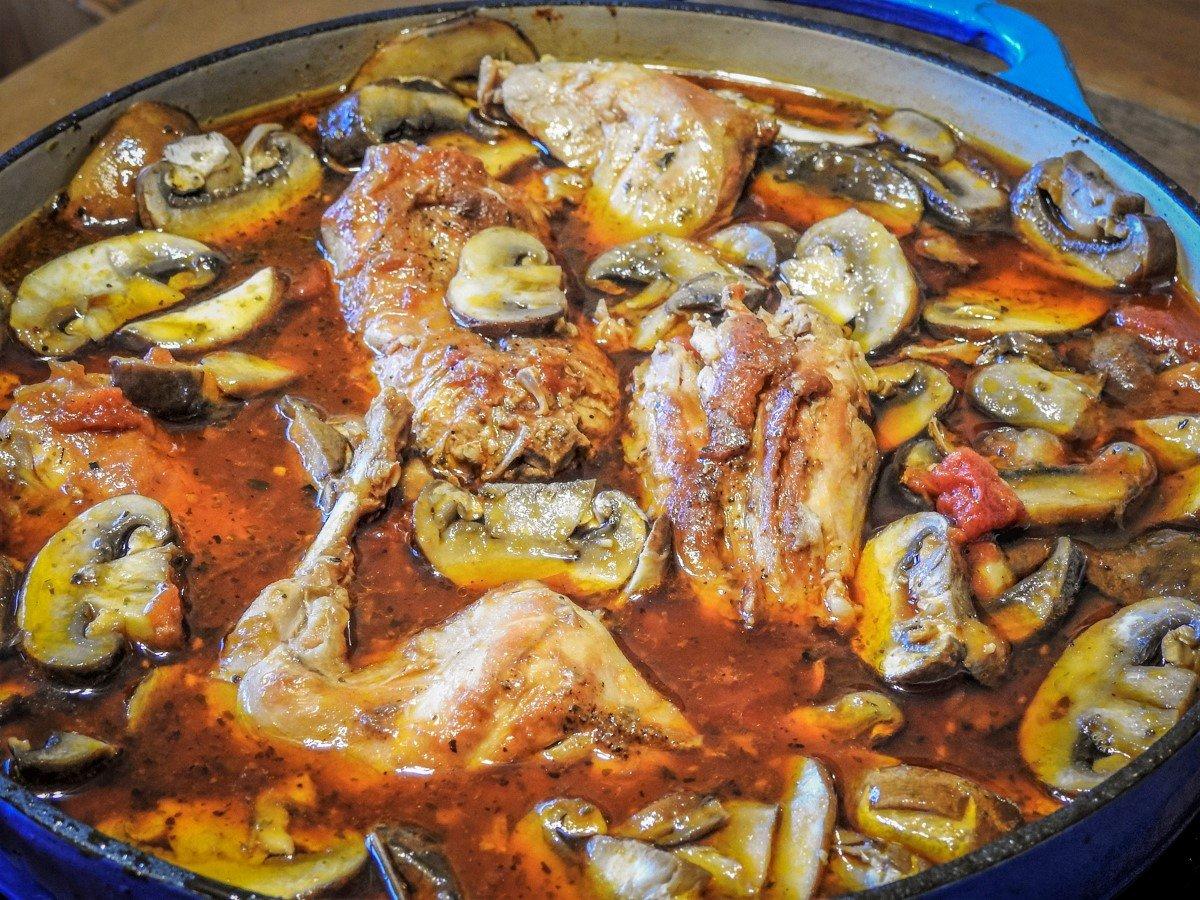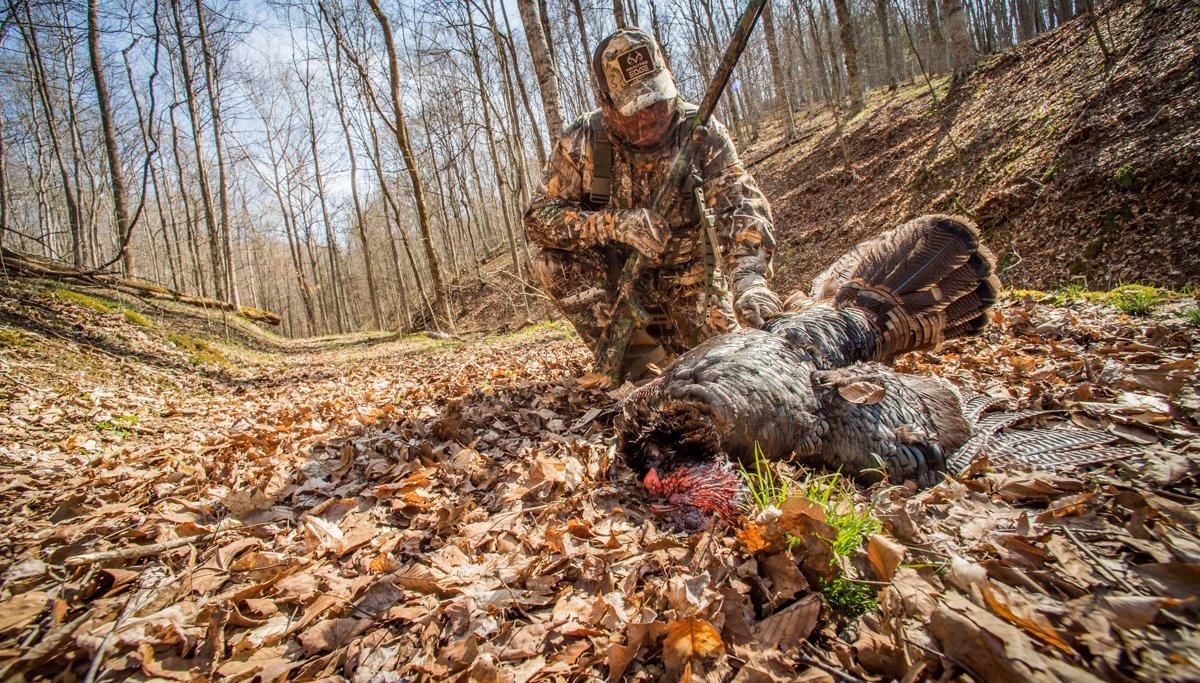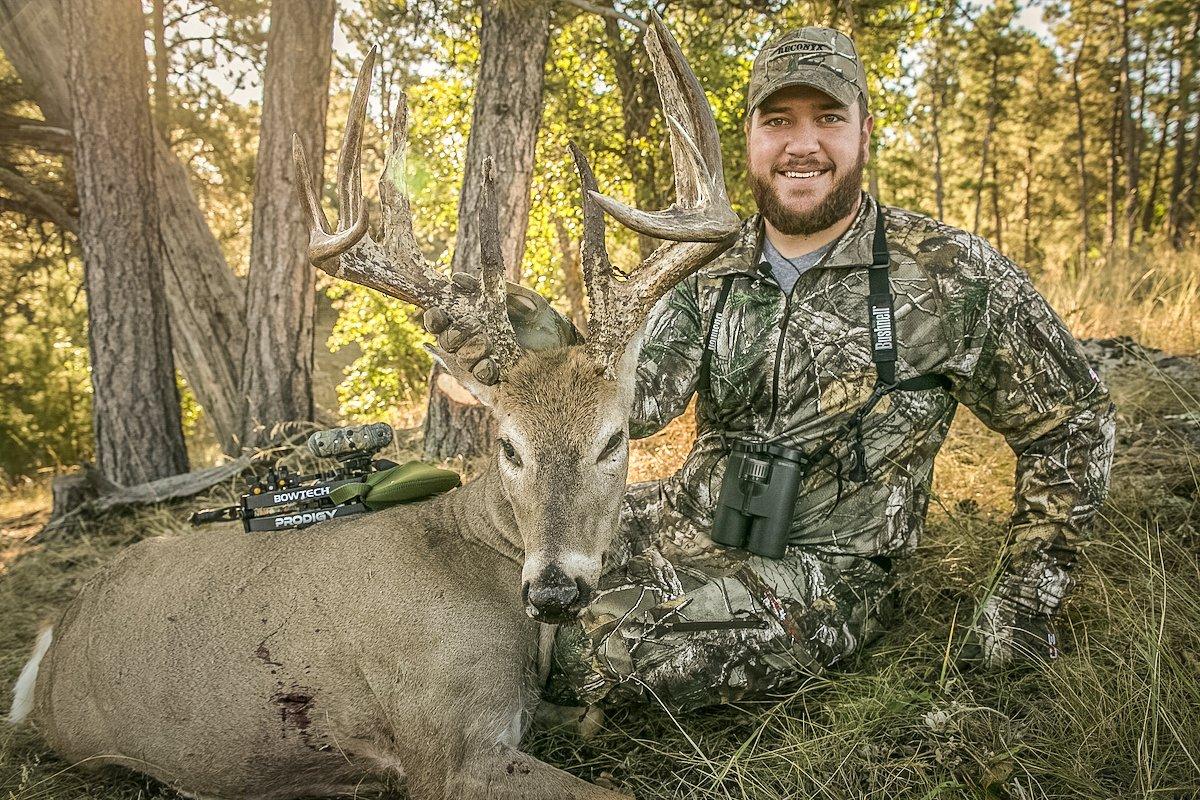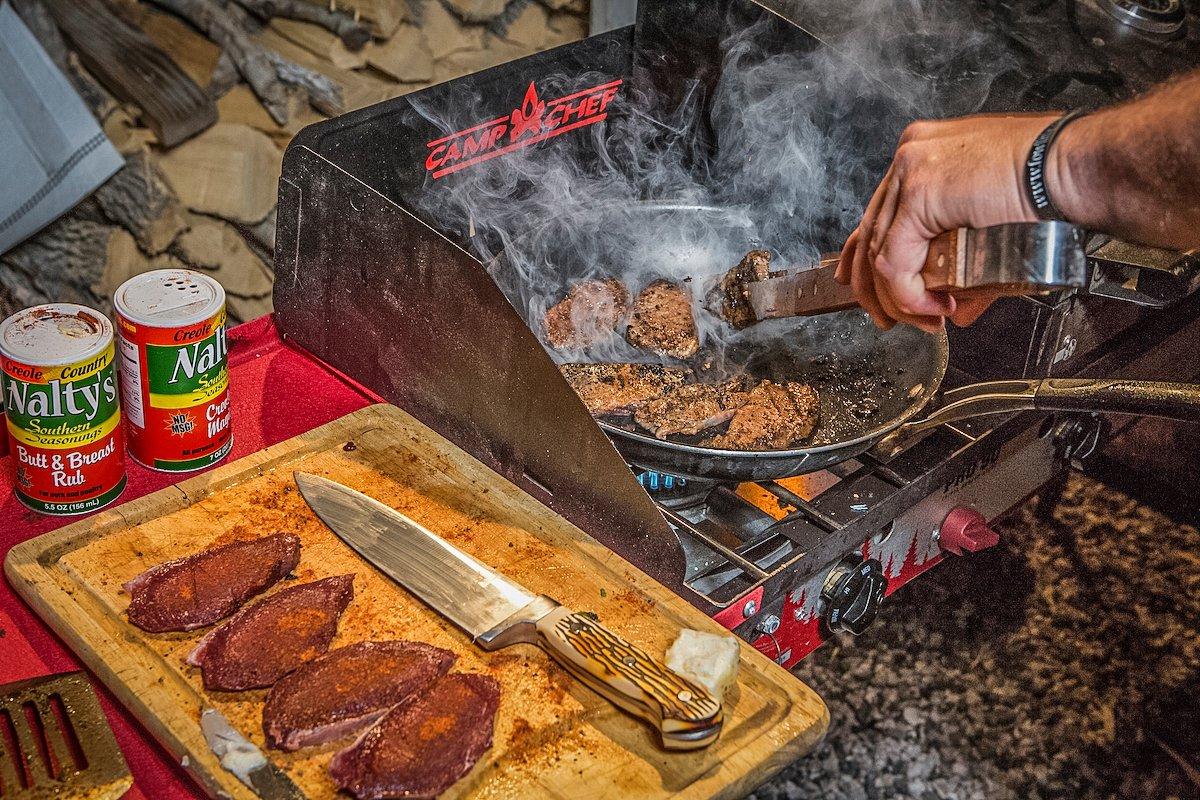It seems media is picking up on what hunters have known all along.
I don't often pay attention to mainstream media these days, but occasionally a headline will catch my eye. Like early last week when I noticed the Fox News headline, 5 Reasons to Eat More Wild Game. It seems that mainstream media is picking up on what hunters have known all along. Wild game is pretty good stuff.
Clicking on the link lets you know pretty quickly that the article was a reprint from Taste of Home Magazine, a good read and outstanding source for recipe ideas. The article was written by Kaila Harmon, who, until she started dating her now husband, had very little experience with wild game. Thankfully, her mother-in-law was able to teach her a few tricks on the preparation and cooking of game meat.
Kaila lists some outstanding reasons for eating wild game, starting with how natural it is. There is a strong movement in today's society to eat locally raised, natural proteins. Wild game fits this lifestyle perfectly. Game meat is lean, organic, and 100% natural. Over the past several years, I have spoken to a number of new hunters who were getting into the sport for the sole reason of obtaining organic meat for their family. Many of these folks came from non-hunting families and didn't follow the traditional path of older family members teaching them to hunt when they were young.
Kaila points out that wild game is very price competitive with higher quality, naturally raised domestic meats in the supermarket. While some might even go as far as to label wild game meat as free, most hunters realize its far from it. I learned a long time ago that it was probably best not to do the math on the cost-per-pound ratio when you sit down and add up the price of equipment, licenses, travel, and all the extras that pop up on a hunting trip. But, boiled down to its basic form, hunting doesn't have to be expensive and is a great way to fill up a freezer on a budget.
The article also lists continuing family traditions as a reason to eat wild game. I couldn't agree more. In fact, I am sitting in a turkey blind on a warm Kentucky afternoon with my youngest son as I type this. I grew up hunting. My brother and I were always excited to be a part of the extended family rabbit hunts on frosty weekend mornings. Or to go deer hunting with dad. We were proud to know that the game we killed helped to feed our family.
Today, all three of my kids continue that tradition, not only hunting and regularly taking both large and small game, but carrying an equal load in the processing of the meat as well. Between the wild game we harvest and the pork, beef, chickens and goats we raise and process here at our farm, my kids know where meat comes from. They understand that something has to die in order for us to eat, and they know that taking care of the land and environment is the surest way to ensure that we are able to do that for years to come.
Kaila closed her article with what I consider the best reason to eat wild game. It is delicious. People often ask me what (insert animal here) tastes like? I know they want to hear a comparison to beef, or pork, or chicken, but none of those really fit. Even game meat from different areas can have a different flavor profile. A midwestern corn-and-acorn-fed whitetail tastes differently than a New Mexico high desert mule deer. Venison from Nebraska won't taste like venison from the South Carolina low country. Even individual animals can change in flavor depending on local food sources and time of year. That's the great thing about wild game, it never gets boring.
When asked what my most important tips for preparing wild game are, I always start by saying find a recipe that fits the meat. Don't expect to roast a wild turkey leg at high temperature and get a tender meal. Game animals work for a living. They are constantly on the move in search of food and to avoid danger. Tough cuts like turkey legs or venison sirloin tips respond best to long cooks in a moist environment at low temperatures to break down the connective tissue. Likewise, don't take a prime cut like an elk backstrap and cook it to well done. You will end up with a shoe-leather-tough piece of meat that doesn't do the animal justice. It goes back to that lean-meat thing we talked about earlier. With little or no fat in most wild game, there is precious little moisture to lose. Overcooking does just that, leaving the finished dish dry and tough.
Very often, I hear game meat, particularly waterfowl, described as tasting like liver. Almost always, that can be attributed to overcooking. Start cooking your game meat to rare or medium-rare, 130-135 degrees. You will be surprised at how tender, juicy and delicious it turns out.
Finally, respect the game you take and the work you put into it. Use every available bit of your wild game. Here at the Timber2Table blog, we strive to come up with unusual and tasty ways to turn parts of the animal that might otherwise get left in the woods into something the entire family will love to eat. Don't be afraid to branch out and try new things. You might find a new favorite.
Have even more reasons to try wild game? Let us know what they are.











